Say No or Yes? A Mom’s Daily Struggle with Setting Limits
I always wondered how I would act when I had children, because I’m honestly a very easygoing person. I rarely say ‘no’, and I like to please the people I love. (I’m working on this, because I’ve come to realize it hurts me more than I thought.)
That’s why, in situations like this, I used to imagine myself never saying ‘no’—just buying everything my child asked for, waiting patiently until they finished playing—just so I wouldn’t end up in that moment where my child is lying on the floor, crying, and I have no idea what to do or how to react.”
But then I got pregnant and started reading a lot about how to raise my child and how to handle their tantrums. And I discovered that saying ‘no’ is actually important—for several reasons.
1- Why it good to say no
1-1 Lack of clear boundaries:
- The child may believe they can get anything they want without effort or rules.
- They may struggle to handle frustration or hear “no” later in life — at school, in society, or with others.
1-2 No sense of safety or structure:
- Limits set by adults actually reassure children. They show what’s acceptable or dangerous.
1-3 Harder to develop self-discipline:
- If everything is allowed, the child won’t learn to wait, share, or delay gratification.
- This can hurt their ability to manage emotions and control impulses.

2-What’s better to do?
- Say “yes” sometimes, when it’s good for them, reasonable, and meets a true need or desire.
- Say “no” or “not now” when it’s necessary for safety, respect, structure, or timing.
- Explain your reasons when saying no, so the child learns and understands.
3- From a Mom’s POV
I read a story on a website about a mother who noticed that constantly saying “no” to her children was actually reducing their independence. Her kids started asking for permission about simple, everyday things like:
- Can I have a piece of candy?
- Can I take a shower tomorrow?
- Can I do my homework later?
- Can I send a message to my friend?
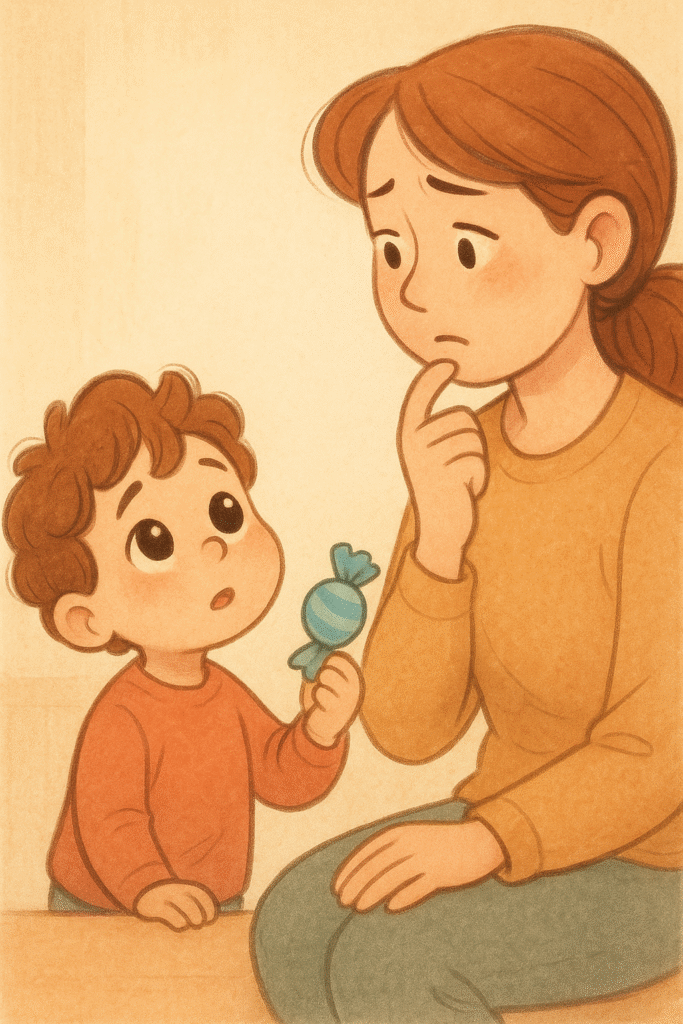
She had to make decisions for them all the time, and it became exhausting.
But she also realized that once the children clearly knew the rules, they didn’t have to ask all the time — they just knew what to do. This helped them become more independent, take responsibility, and avoided many unnecessary conflicts.
And that’s what makes me even more confused—I still don’t know how I’ll handle things. My child hasn’t started speaking yet, but we’ll get to that stage soon. Please share your experiences with me—I truly want to hear them.
SEE ALSO : The Unseen Impact of the First Seven Years



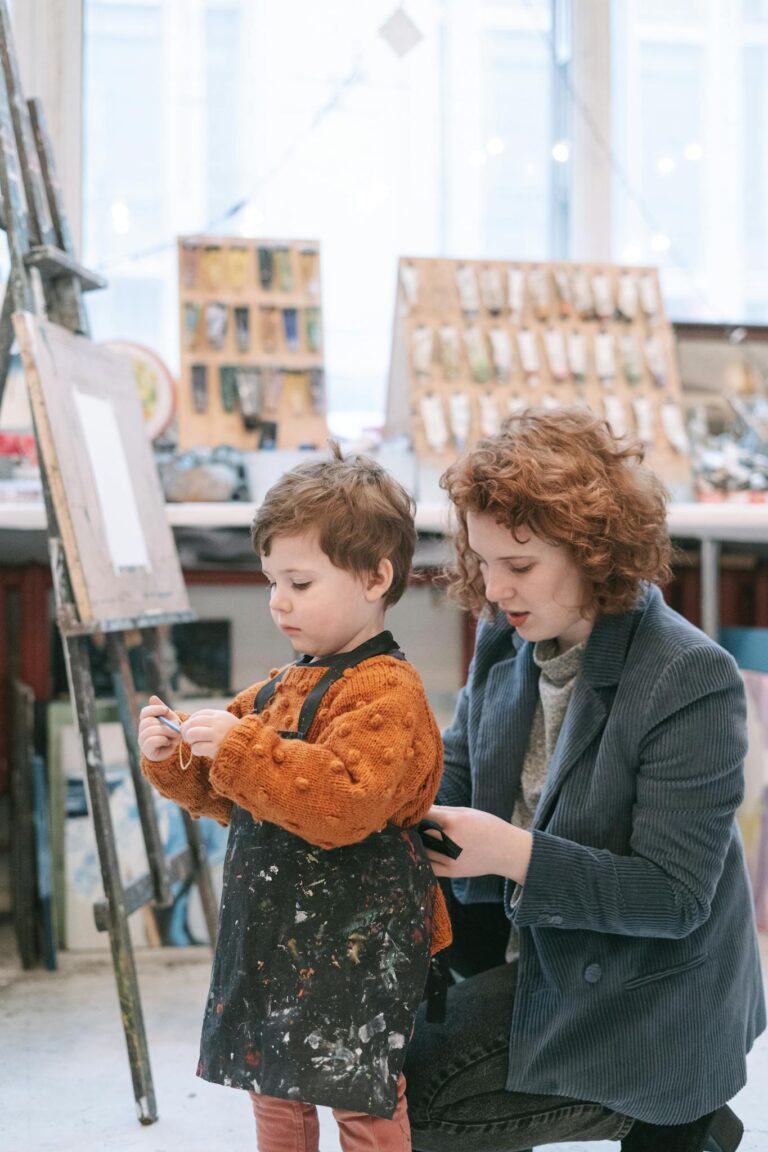
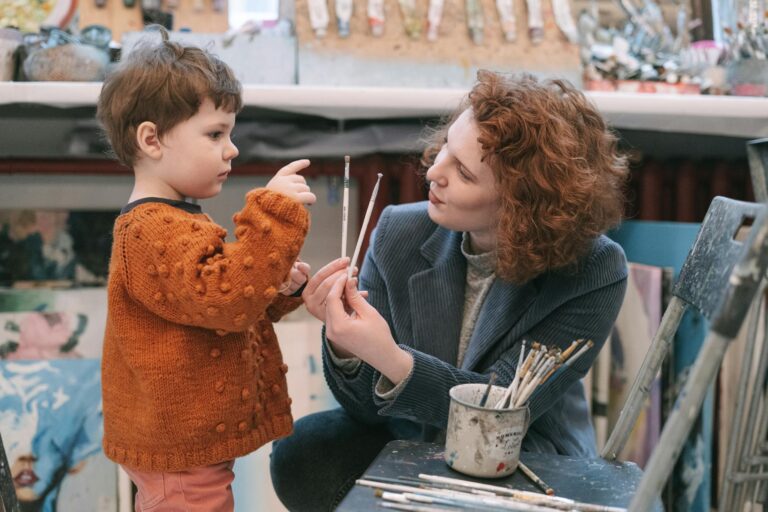
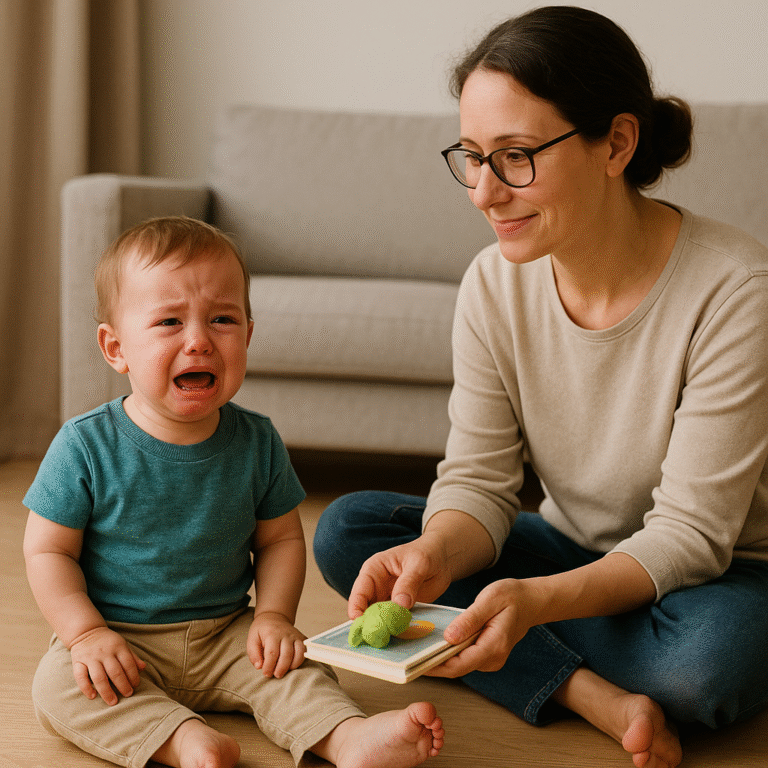
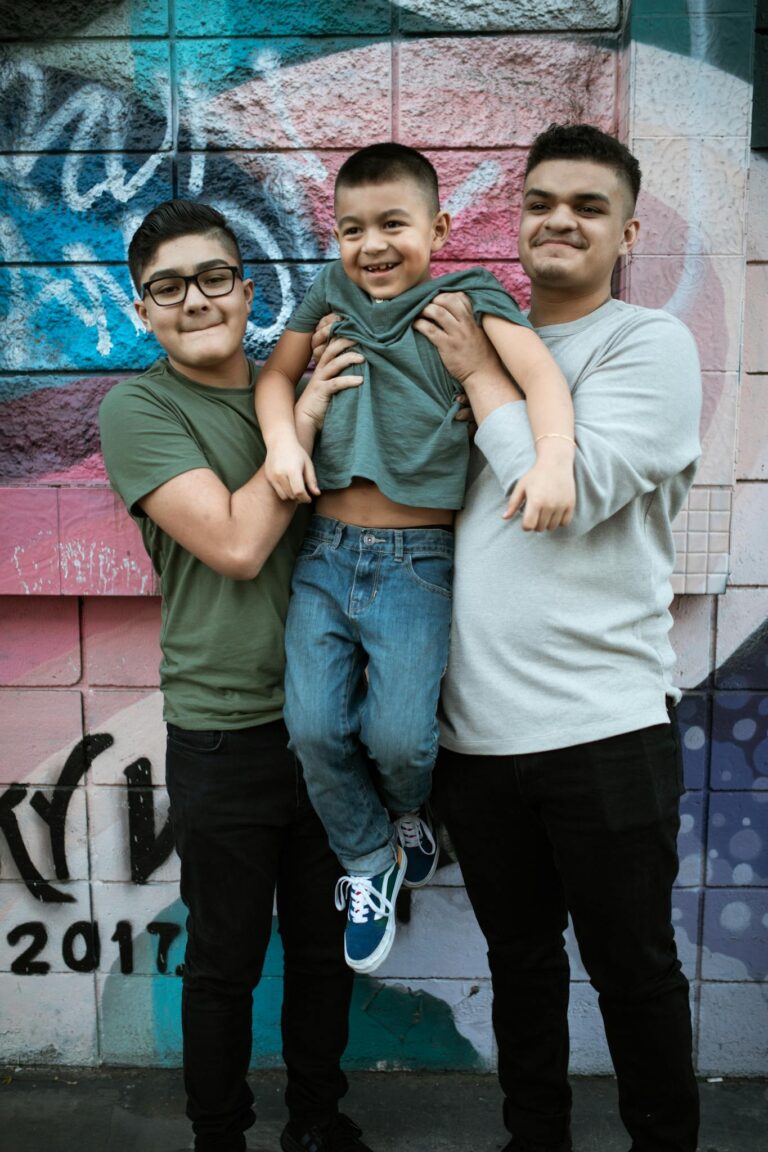
One Comment